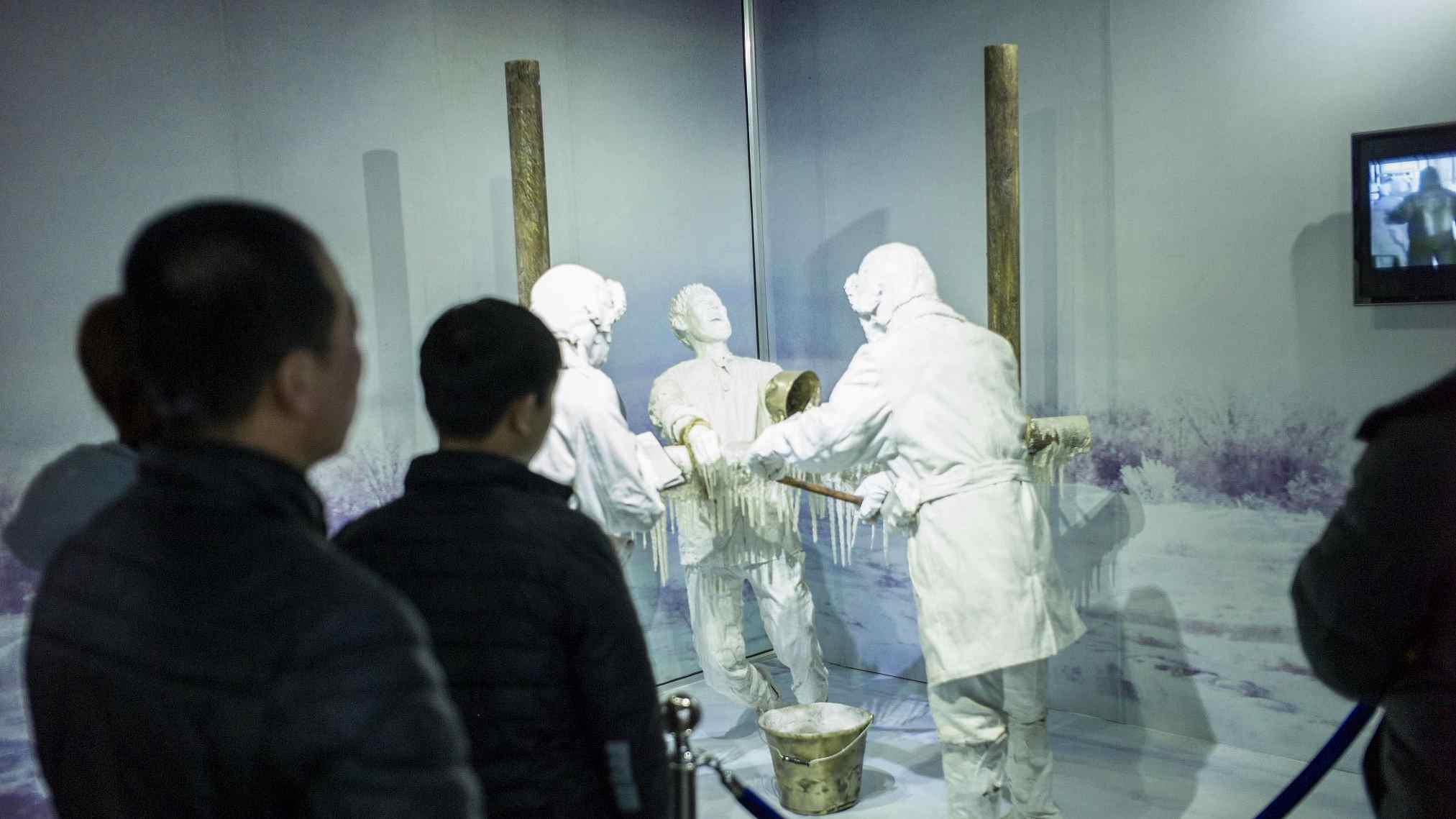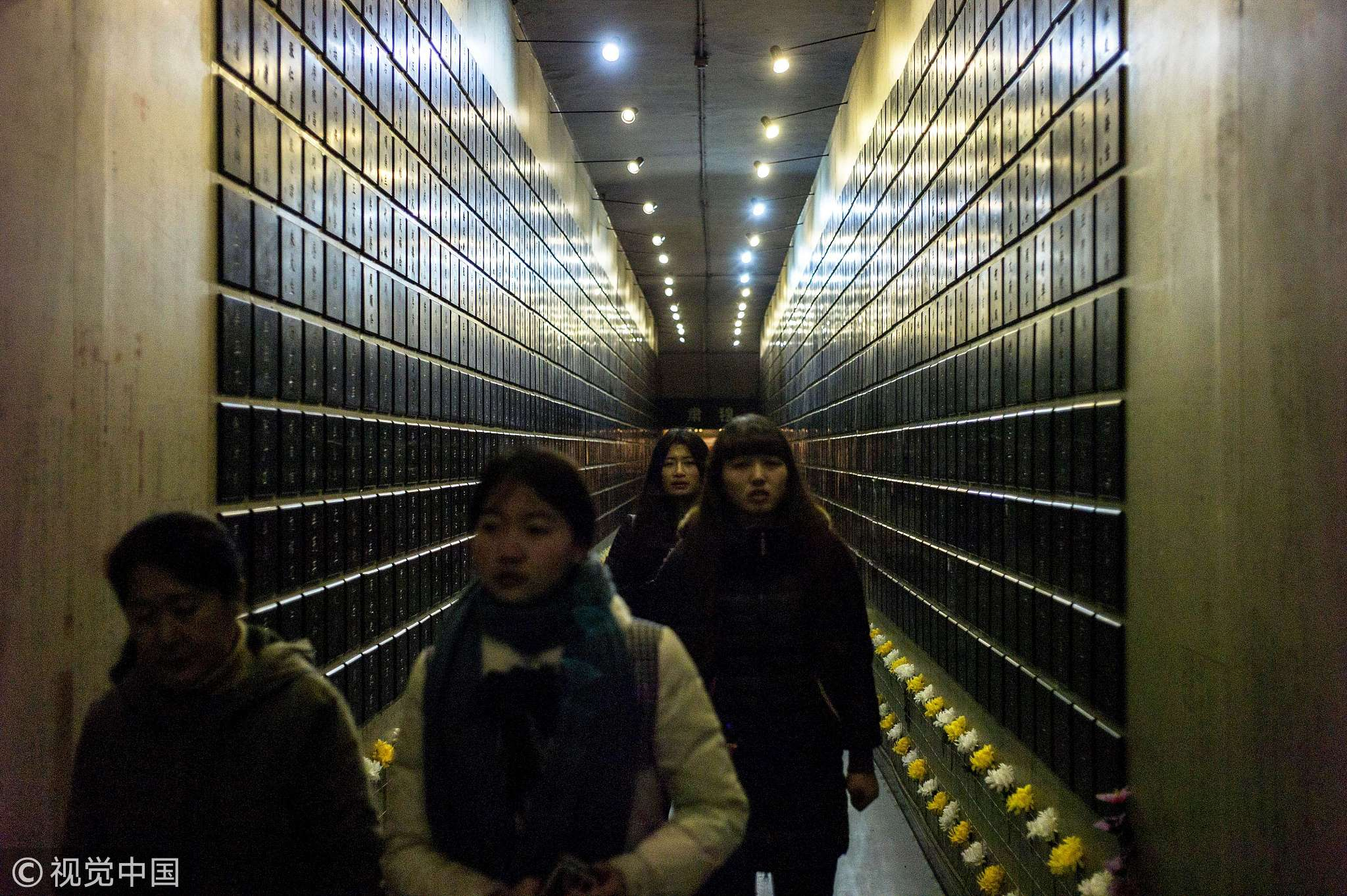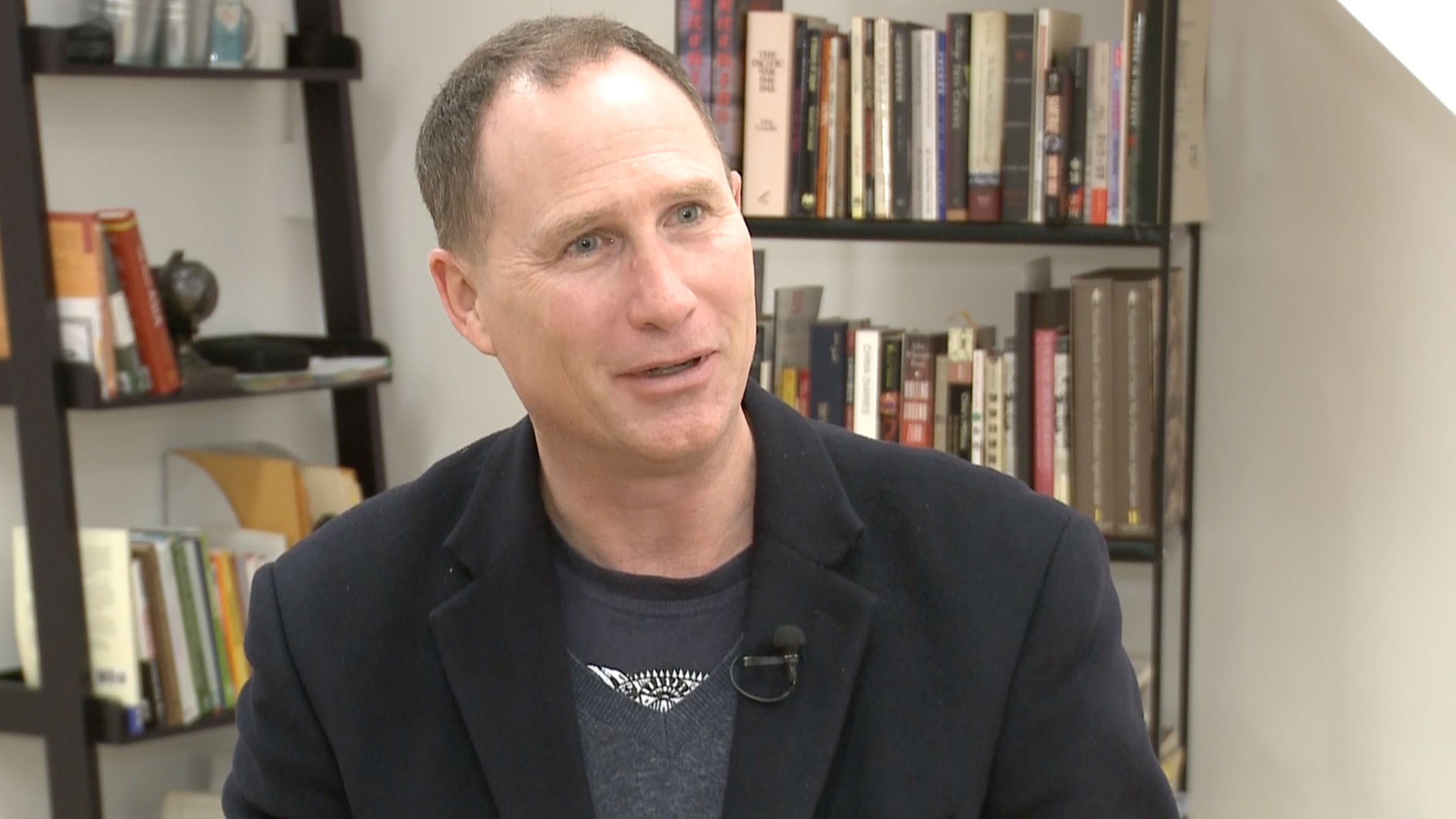
China
22:44, 14-Dec-2018
New documentary sheds light on the horrors of Unit 731
Updated
22:16, 17-Dec-2018
By Mark Niu

Paul Johnson was working as a TV correspondent for Canada's Global TV Network in Beijing when he met a businessman who got him thinking.
The man told him he'd been to a building in Harbin, China, called the Unit 731 museum. Being a veteran journalist who had covered the wars in Afghanistan and Bosnia, Johnson considered himself rather well-versed in global affairs and historical events.
"I'd never heard about this," said Johnson. "First I was shocked that something like this had taken place. The world's biggest use and testing of biological weapons on innocent Chinese civilians. And I was outraged morally.”
That led Johnson on a journey to find out more. The result is the new documentary "Unit 731: How America Exploited Japan's Biological Weapons Crimes."
In his film, Johnson travels throughout China to interview survivors who say they were victims of germ bombs from the Japanese Imperial Army. The elderly victims have wounds on their legs that have never fully healed – a condition that's come to be known as Rotten Leg Syndrome.

Visitors walk through a corridor displaying the names of Chinese victims at the Unit 731 Museum in Harbin, January 7, 2015. /VCG Photo
Visitors walk through a corridor displaying the names of Chinese victims at the Unit 731 Museum in Harbin, January 7, 2015. /VCG Photo
But Johnson pushes further, discussing how the U.S. government could have prosecuted Japanese war criminals but stopped short.
Instead they agreed to give immunity to the likes of Shiro Ishii, the director of Unit 731, in exchange for the data they developed on human experimentation. Johnson calls the agreement "a deal with the Devil."
"We could all say certainly with the moral standards of our time this would not be something that we would think is in keeping with the values of the U.S. and of American foreign policy. And it's an outrage," said Johnson.
When I asked Johnson whether he faced any opposition to his film, I found his answer rather surprising.
He told me about meeting a Canadian professor of Asian studies who said that the subject matter was in the history books for qualified and responsible people to open up and look at it. But he told Johnson his film project didn't serve any good because it was like ripping the scab off old wounds.
Ironically, Johnson found hope in traveling to Japan. In addition to interviewing a former member of Unit 731 who was still conflicted about his role during the war, Johnson also met plenty of Japanese citizens and academics dedicated to keeping the story of Unit 731 in the public consciousness.
Johnson believes there's a double standard in how people view the war crimes committed in Asia compared to those that happened in Europe and hopes that will change.
01:20


SITEMAP
Copyright © 2018 CGTN. Beijing ICP prepared NO.16065310-3
Copyright © 2018 CGTN. Beijing ICP prepared NO.16065310-3